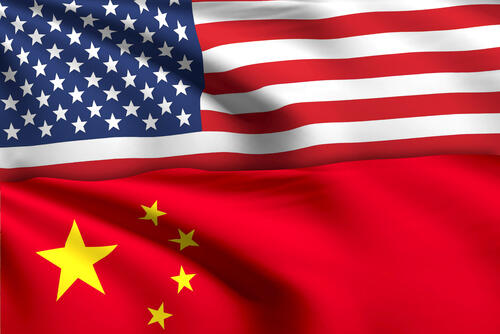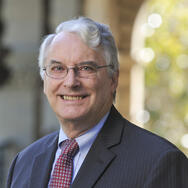As a U.S.-China trade deal hangs in the balance and the world’s two largest economies are locked in a race for technological supremacy, concerns have arisen about China’s counterintelligence threat to the United States. In July 2019, FBI Director Christopher Wray told members of the U.S. Senate Judiciary Committee that China poses the most severe counterintelligence threat to the United States than any other country, and described that national security and economic espionage threat as “deep and diverse and wide and vexing.” He noted that the FBI has to contend not only with Chinese officials but also with “nontraditional collectors,” including Chinese scientists and students who are looking to steal American innovation. There are currently multiple legislative proposals in Congress, all of which, in one way or another, are aimed at limiting university collaboration with Chinese nationals and the education of Chinese nationals in “strategic” research fields by U.S. higher education institutions.
These legislative endeavors, however, argues Arthur Bienenstock, co-chair of the American Academy of Arts and Sciences’ Committee on International Scientific Partnerships, may endanger the U.S. science and technology workforce and limit the effectiveness of U.S. academic research, thus weakening the very fields the nation is most anxious to protect.
Bienenstock is also a member of the National Science Board, the governing body of the National Science Foundation, and former associate director for science of the White House Office of Science and Technology Policy. At Stanford, he is special assistant to the President for federal research policy, associate director of the Wallenberg Research Link, and professor emeritus of photon science. At a recent lecture hosted by APARC’s China Program, Bienenstock discussed some of the proposed legislation and federal acts regarding international scientific collaboration with China and their implications for the U.S. scientific workforce. He cautioned U.S policymakers against an expansive interpretation of what constitutes “sensitive research” in strategic areas, such as artificial intelligence and quantum science, and offered a framework for determining when scientific research should be subject to greater control.
[To get more stories like this delivered to your inbox sign up for APARC newsletters]
Indeed, said Bienenstock, “China is the only nation in the world that can and plans to challenge U.S. economic, military and ideological leadership” – a challenge that is partly based on its becoming a major scientific and technological power. He agreed that the concerns of FBI Director Wray and others are valid and must be considered carefully, but noted, based on his observations at informative sessions and a meeting with an FBI officer, that the overall number of documented misdeeds involving Chinese nationals is over 100 – far from a deep and wide threat – and that he has not seen evidence of significant student participation in those misdeeds.
We must come to terms with reality, claimed Bienenstock, presenting evidence that the United States is no longer the dominant funder of science and technology research; that Chinese nationals constitute a very significant portion of the U.S. workforce in computer science, engineering, and mathematics; and that the U.S. science and technology workforce is highly dependent on Chinese graduate students.
The United States must maintain and strengthen its scientific and technological efforts if it is to maintain a leadership position, Bienenstock said. To do so, he emphasized, U.S. universities must maintain their openness, and lawmakers, in turn, must thoughtfully understand the benefits of collaboration with Chinese scientists and engineers as well as keep the country attractive for Chinese students.
Listen to highlights from Bienenstock’s presentation on our SoundCloud channel. A transcript is available below.
Photo: Arthur Bienenstock (right) and APARC DIrector Gi-Wook Shin (credit: Andrea Brown).







 Oriana Skylar Mastro is a Center Fellow at Stanford University’s Freeman Spogli Institute for International Studies (FSI). Within FSI, she works primarily in the Shorenstein Asia-Pacific Research Center (APARC) and the Center for International Security and Cooperation (CISAC) as well. She is also a fellow in Foreign and Defense Policy Studies at the
Oriana Skylar Mastro is a Center Fellow at Stanford University’s Freeman Spogli Institute for International Studies (FSI). Within FSI, she works primarily in the Shorenstein Asia-Pacific Research Center (APARC) and the Center for International Security and Cooperation (CISAC) as well. She is also a fellow in Foreign and Defense Policy Studies at the 










